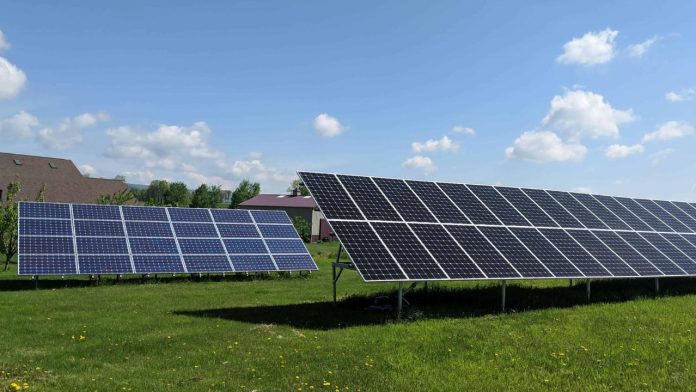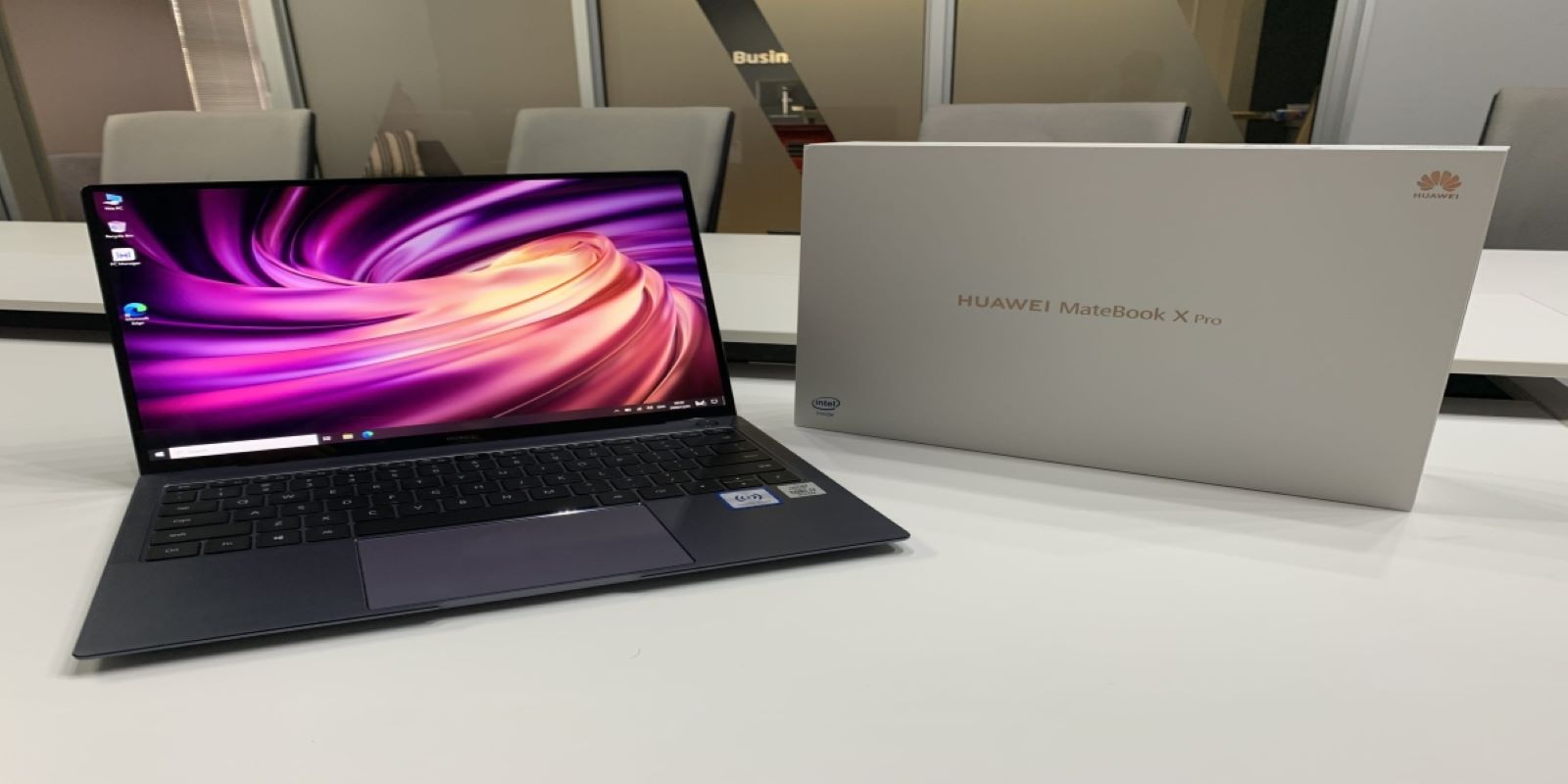Residential solar panels, also known as photovoltaic solar panels, are an effective way to convert sunlight into electrical power, which is used to run home appliances like fans, lights, machines, refrigerators, and many other appliances. Residential solar panels are environmentally friendly and a renewable energy source that helps reduce electricity bills.
These residential solar panels are mounted on rooftops to capture the most sunlight possible. The panel’s surface is covered with silicon cells, which can convert sunlight into electricity.
An inverter transforms solar energy from DC to AC so that it can be used residential solar panels to lessen reliance on conventional grid power. In cases where solar panels generate more electricity than a home can use, batteries can be used to store the extra energy.
Working Of Residential Solar Panel
Residential solar panels work by converting sunlight into electricity through the photovoltaic effect. Here is a step-by-step explanation of the workings of residential solar panels:
Sunlight Capture
Solar panels are installed on rooftops to capture the sunlight. During the installation of the solar panel, carefully position the panel where maximum sunlight can be absorbed. Solar panels are made up of multiple cells, which are semiconductor devices made up of silicon material. The functioning of home appliances depends on the amount of sunlight captured.
Photovoltaic Effect
Sunlight hitting the panel causes the semiconductor material to absorb light rays. This energy excites the electrons, and these cause the generation of electric current. Due to the flow of electrons, DC current is produced, which is gathered on the terminals of the solar panels.
Inverter Conversion
Sunlight generates direct current (DC) electricity, but home appliances run on alternating current, not DC. An inverter is used to convert this DC electricity into AC electricity. After conversion, the home appliances easily get electricity and run smoothly.
By using solar electricity, you can run fans, lights, machines, and all other home appliances. To run all home appliances on Solar power, you have to install a larger solar system.
Home Electricity Usage
The converted AC electricity is then sent into the house’s electrical panel, where it is added to the household’s electrical supply. Solar energy powers every piece of electrical equipment and appliance in the home.
Solar energy reduces reliance on the power grid by producing electricity. You can easily run all your home appliances on solar power. If solar panels produce more electricity than they need, you can store them in batteries for use when the sun is not out.
Net Metering
If the residential property is wired into the grid and the solar panels produce more electricity than the house needs, the extra power is transmitted back to the main power supply. This method is referred to as net metering. Under this system, the homeowner can receive rebates or compensation (if applicable) from the electricity company for the additional power they provide.
Battery Storage
Some residential solar systems may also use batteries for the storage of extra power. Solar panels produce extra energy, which is stored for use when there is no sun, such as on cloudy days. This technique allows you to run your home appliances even during a power outage or when the sun is not shining. Due to this additional property, solar panels are highly recommended.
Sum Up
Residential solar panels work by converting the sun’s light into electricity. This electricity can be used directly, or it may be converted from direct current to alternating current. Electricity bills can be minimized by using solar panels. Besides this, solar panels also reduce dependence on the electric power grid. The demand for residential solar panels is increasing every day. The solar panel has become a necessity of life.











